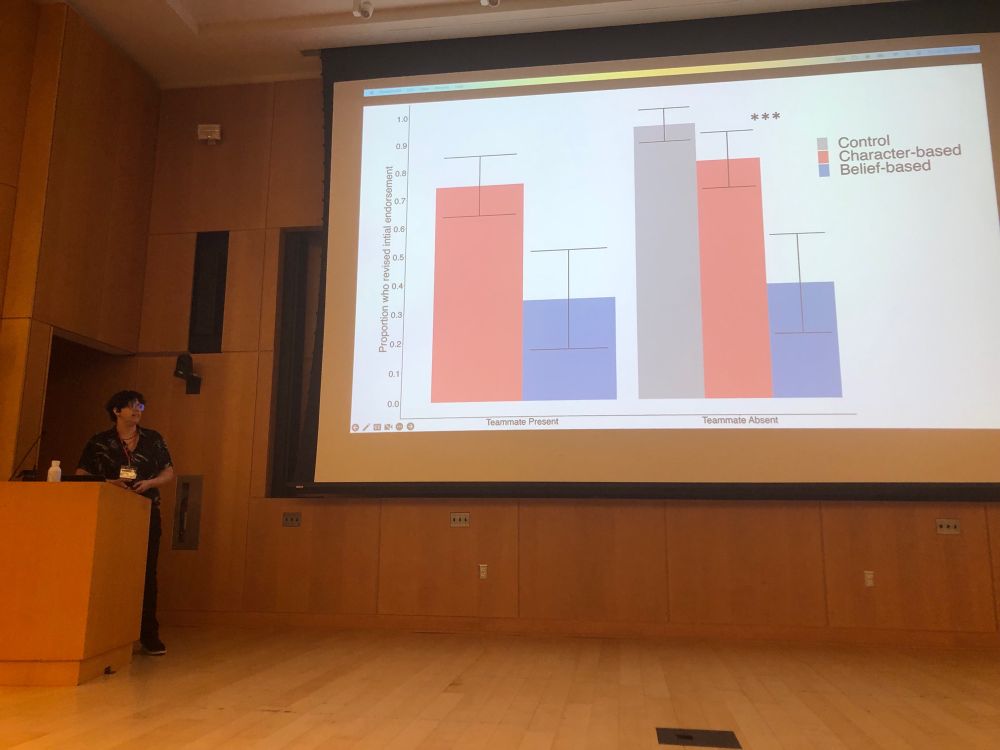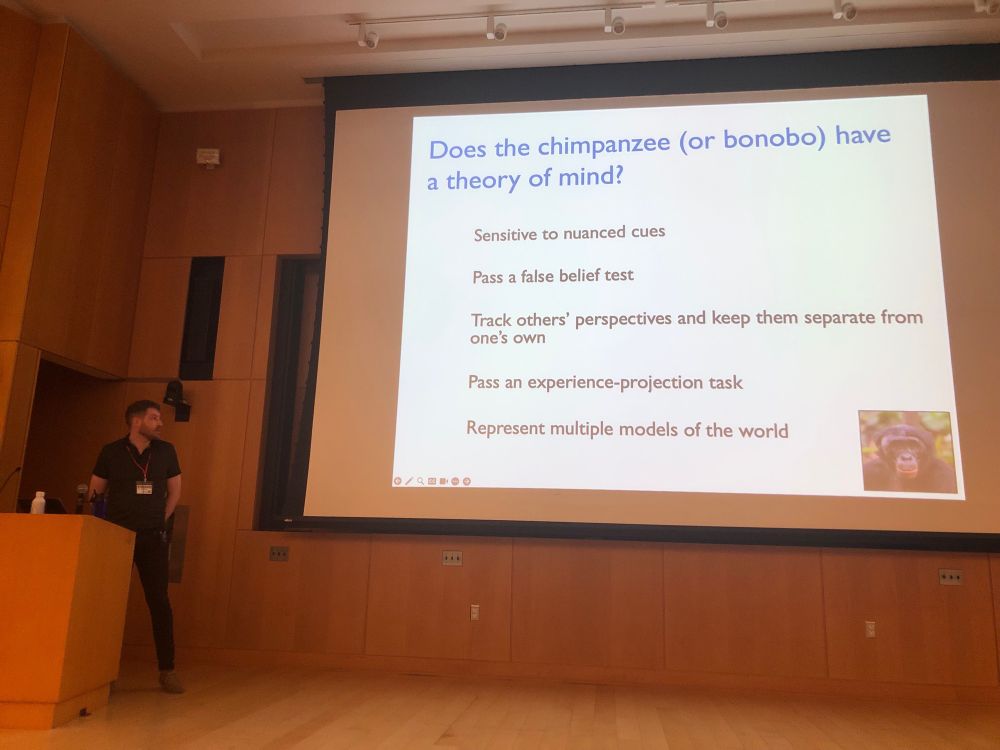
onlinelibrary.wiley.com/doi/10.1111/...
When children claim an unexpected event is impossible they also claim it's never happened, even for immoral events, suggesting their judgments reflect beliefs about what could happen & not merely what should.

onlinelibrary.wiley.com/doi/10.1111/...
When children claim an unexpected event is impossible they also claim it's never happened, even for immoral events, suggesting their judgments reflect beliefs about what could happen & not merely what should.
Children are able to differentiate fake news from real news even before exposure to fake news on social media. This ability improves with age & even more so with cognitive reflection or the disposition to question an initial intuition.

Children are able to differentiate fake news from real news even before exposure to fake news on social media. This ability improves with age & even more so with cognitive reflection or the disposition to question an initial intuition.



(I never miss a Josh Rottman talk!)

(I never miss a Josh Rottman talk!)






1. Do whales have hair? (No!)
2. Are whales mammals? (Yes!)
3. Do all mammals have hair? (Yes! Wait a minute…)
#SPP2025

1. Do whales have hair? (No!)
2. Are whales mammals? (Yes!)
3. Do all mammals have hair? (Yes! Wait a minute…)
#SPP2025













